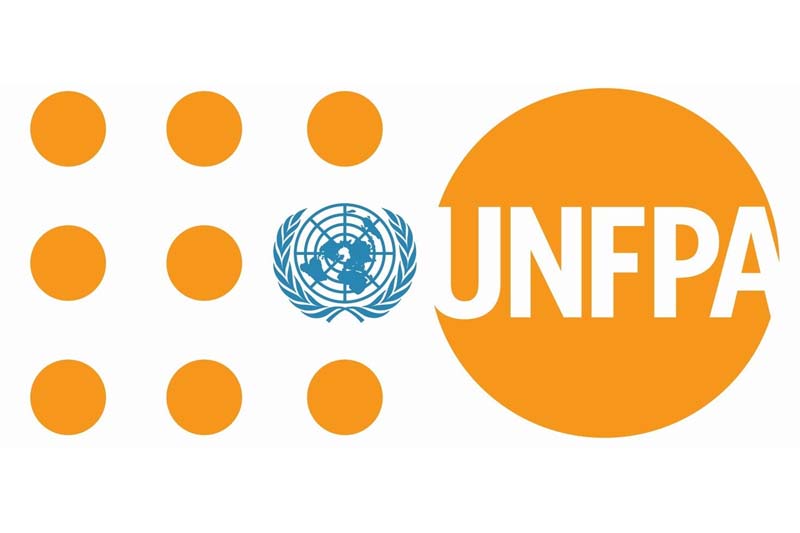Health and dignity kits prepositioned for emergency need: UNFPA
Kathmandu, August, 18
The United Nations Population Fund today said it has prepositioned life-saving reproductive health kits and dignity Kits in Kathmandu, three regions and 16 districts of the country to be able to respond rapidly to the needs of affected populations in case of an emergency.
Issuing a press statement on the occasion of the World Humanitarian Day, the UN agency informed that more than 3,000 dignity kits have been prepositioned in Kathmandu and far-western, mid-western and southern Nepal (including approximately 1,300 supported through the Government of Australia).
The reproductive health kits stored at Nepal Red Cross Society and UNFPA Country Office can fulfil the needs of up to 270,000 affected people through health facilities.
UNFPA has also expressed commitment to continue to work with the Government of Nepal, development partners and civil society to meet life-saving reproductive health and protection needs of affected populations, especially women and girls.
“The prepositioning of the reproductive health kits and dignity kits along with strengthening the coordination mechanism, contingency planning and capacity development is part of UNFPA support to the Government of Nepal’s work on emergency preparedness,” said UNFPA Country Representative for Nepal Giulia Vallese.
Nepal is a country with high vulnerability to natural disasters. Its geographical features, including inaccessible areas and landlocked nature, are impediment to a prompt response in case of disasters. Landslides, flooding, fire and earthquakes are not uncommon in the country.
While dignity kits are individual packages containing clothes, hygiene supplies including sanitary pads and a torch given to women, reproductive health kits are comprehensive packages of medical equipment and supplies.
As such, they include clean delivery kits to help pregnant women deliver their babies in hygienic conditions as well as post-rape treatment kits, oral and injectable contraceptives, drugs for the management of sexually-transmitted infections, birthing supplies, intrauterine devices, drugs for miscarriage management and other equipment.
In the past, UNFPA had delivered reproductive health kits and dignity kits to several areas in times of natural disasters. Limited access to reproductive health services puts the lives of many women and babies at high risk during emergencies.
A lack of adequate gender-based violence services equally becomes a life threatening problem for many women and girls in an emergency situation when gender based violence increases dramatically.
Thus, access to information on protection issues and on reproductive health, as well as and access to basic hygiene supplies are essential for women and adolescent girls.






